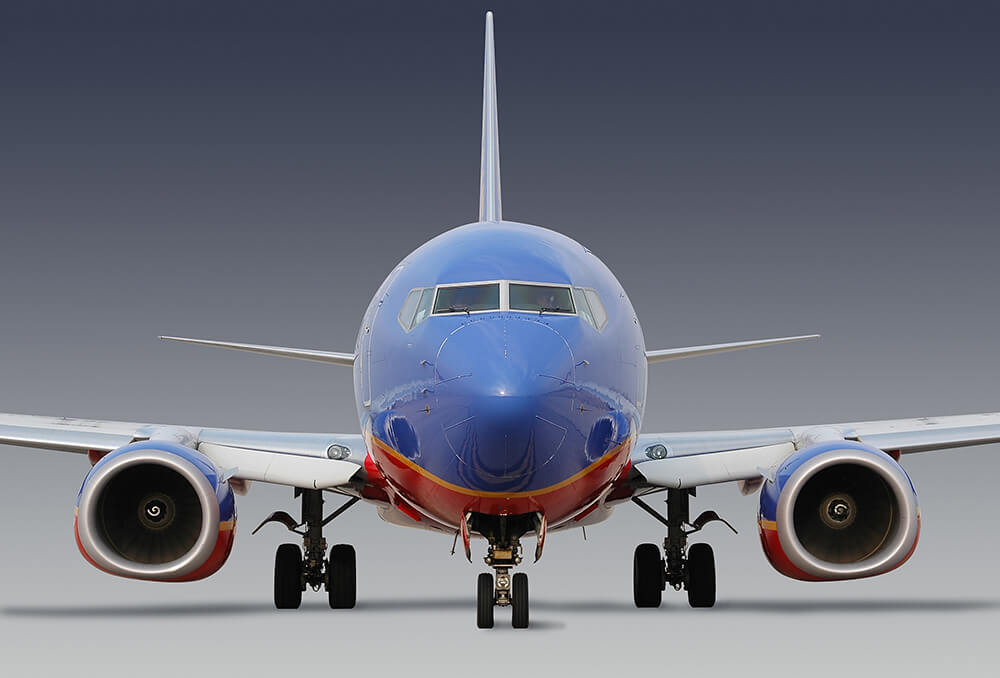
March 12, 2015
Southwest Airlines recently settled a whistleblower lawsuit filed by a former mechanic of the company that claimed the employee was disciplined after he reported two cracks in the fuselage of one of the company’s Boeing 737-700 planes during a routine maintenance check.
As part of the settlement, the airline agreed to remove the disciplinary action from the employee’s record and reimburse him $35,000 for his legal fees. His lawsuit had been filed under the Wendell H. Ford Aviation Investment and Reform Act for the 21st Century (AIR-21 statute). The statute entitles airline employees who are disciplined or terminated following a safety issue report are entitled to an appeals process.
Judge Rejects Southwest’s Motion for Summary Judgment
The settlement was reached following the dismissal of a motion filed by Southwest airlines for summary judgment. According to the judge’s summary, the mechanic was assigned to perform a maintenance check that is part of the usual maintenance procedure for Southwest Airlines. The check utilizes a task card detailing each task, which includes a “walk-a-round” of the aircraft with a visual inspection. It was during this inspection that he found the two cracks, which led to the aircraft’s removal from service for repair.
Shortly after the report, the mechanic was called to a meeting with supervisors to discuss “… working outside the scope of his assigned task.” He received a Letter of Instruction advising him that his actions were unwarranted and warning him a further violation would result in additional disciplinary action. He alleged in his whistleblower complaint that the letter was intended to intimidate him and discourage him from reporting future problems found during inspection.
Airline Claimed Whistleblower Not Eligible for Protection Under AIR-21
Southwest’s response to the whistleblower complaint was that the mechanic had gone beyond his duties by observing and reporting the cracks. They claimed the letter was not a disciplinary action and was only intended to inform the mechanic he’d done something outside his scope of duties. They claimed the letter was not given as the result of having reported the safety program and, a result, the company did not believe the mechanic was entitled to whistleblower protections.
The judge, siding with the mechanic, determined that he was in fact protected by AIR-21 and Southwest had no choice but to comply with the requirements triggered from the complaint. No final decision was ever reached concerning the mechanic’s overreach, but Southwest chose to settle as a result of the judge’s ruling.





